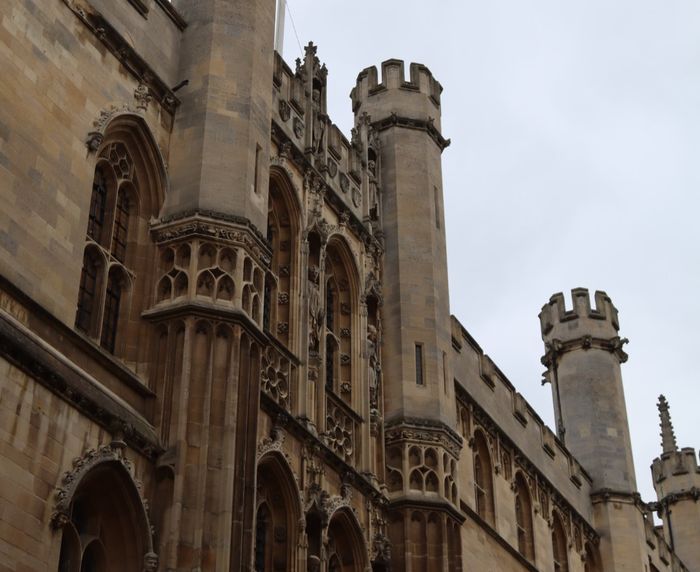Cambridge University Press criticises Meta’s ‘dismaying’ use of copyrighted material
This backlash comes after The Atlantic reported on Meta’s use of pirated material sourced from Library Genesis

Cambridge University Press (CUP) has criticised Meta, calling the social media company’s use of pirated books and journals to train AI models “dismaying” and urging stronger regulation to protect authors and publishers.
A CUP spokesperson stated on Monday (24/03): “It is dismaying to learn that Meta turned to piracy to harvest content for its AI development, including books and journals from Cambridge authors. Meta should pay for the content it has stolen.”
“It’s essential that governments and authorities do not let big tech companies get away with taking authors’ work without permission. This reinforced the risks of inadequate regulation and legislation around AI and copyright, such as the ‘opt-out’ system proposed in the UK,” they continued.
This backlash came after The Atlantic reported on Meta’s use of pirated material sourced from Library Genesis, an online repository of over 7.5 million books and over 80 million academic papers.
The Publishers Association, which represents CUP, has tracked Libary Genesis and similar piracy networks over several years. The group has supported efforts to crack down on piracy, including a UK High Court website blocking order granted in November last year to target Library Genesis and other domains.
Catriona MacLeod Stevenson, General Counsel and Deputy CEO of the Publishers Association, said: “While we have long suspected that illegal pirate websites have been used in the training of LLMs [large language models], court documents reported by The Atlantic show that Meta employees were actively encouraged to download and use LibGen’s more than 7.5 million books and 81 million research papers to train its LLMs.”
The Romantic Novelists’ Association (RNA) also claimed that its members’ work, including the anthology Truly, Madly, Deeply, had been found in the Library Genesis database. The RNA said it was “justifiably angry” and called for “immediate compensation” for any authors impacted.
This comes days after the University announced its expansion of AI research clinics to support academic innovation.
Last year, the Human Social and Political Sciences (HSPS) Faculty scrapped online exams after worries that “too many” students were using AI in their assessments.
Before this, the HSPS Faculty published an open letter asking students to reject the use of AI in academic work, saying that it robbed students “of the opportunity to learn,” and warning them that “under no circumstances should the text generated by such AI-assisted tools be presented as your own work”.
Want to share your thoughts on this article? Send us a letter to letters@varsity.co.uk or by using this form.
 Music / The pipes are calling: the life of a Cambridge Organ Scholar25 April 2025
Music / The pipes are calling: the life of a Cambridge Organ Scholar25 April 2025 Arts / Plays and playing truant: Stephen Fry’s Cambridge25 April 2025
Arts / Plays and playing truant: Stephen Fry’s Cambridge25 April 2025 Comment / Cambridge builds up the housing crisis25 April 2025
Comment / Cambridge builds up the housing crisis25 April 2025 Interviews / Dr Ally Louks on going viral for all the wrong reasons25 April 2025
Interviews / Dr Ally Louks on going viral for all the wrong reasons25 April 2025 News / Candidates clash over Chancellorship25 April 2025
News / Candidates clash over Chancellorship25 April 2025






